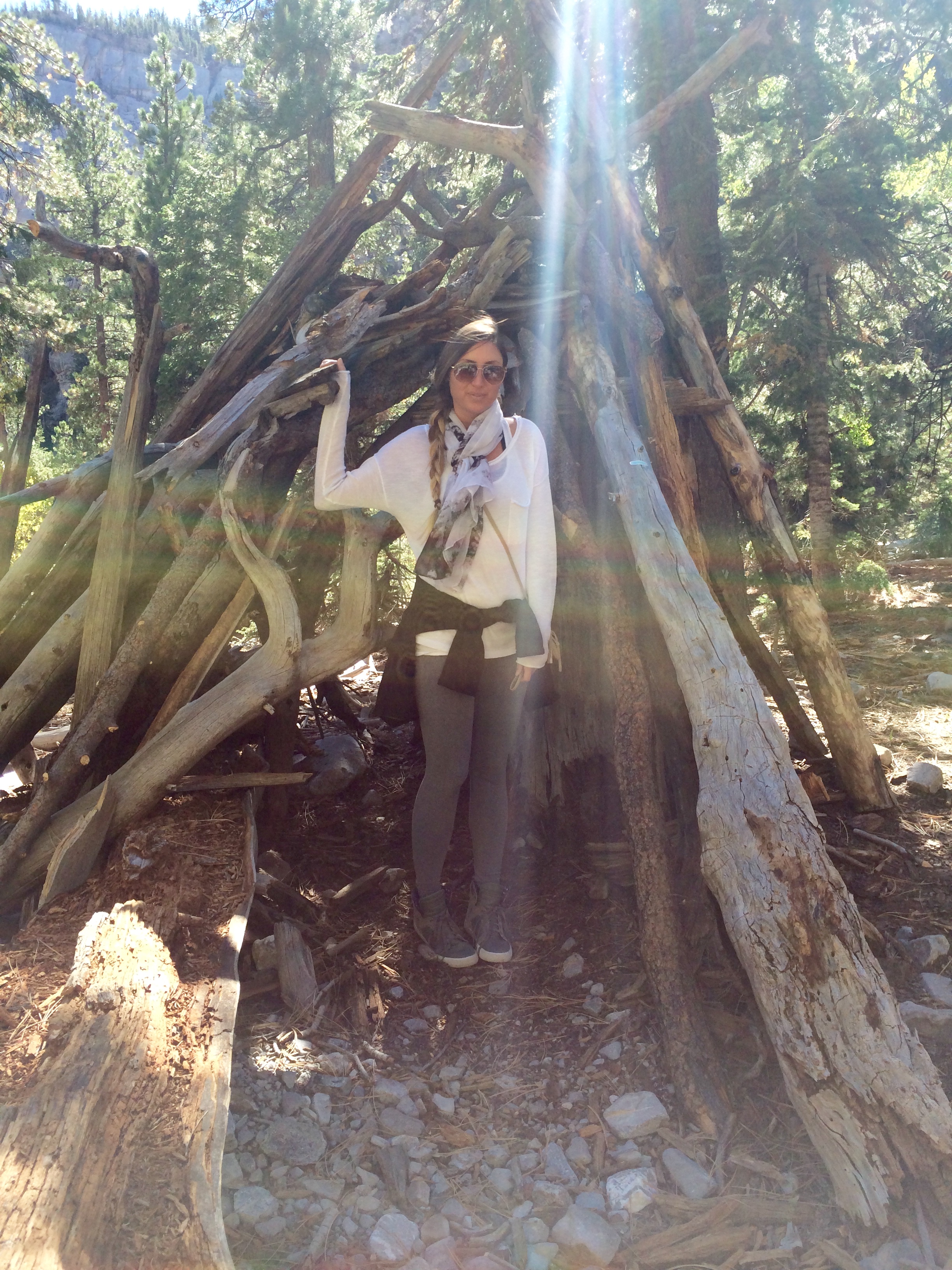One of the biggest hurdles for me entering into sobriety was accepting that I had a problem. It was so hard to face the music, swallow my pride and admit that my drinking and drugging was not normal. I had to accept that I couldn’t do moderation, I needed help and that I needed to accept my past for what it was so that I could move forward in a healthier way.
We’ve talked about awareness and surrender when it comes to sobriety. Another huge piece of the equation is acceptance. We have to get to the point where we accept where we are currently and we also have to learn to accept the past for what it was.
Alcoholics and addicts can really get hung up on this part because sometimes acceptance, especially self-acceptance, is the hardest thing to do. To love yourself, all the messed up pieces, and to stop beating yourself and your body up, can be absolutely terrifying and overwhelming.
Thinking back through my own recovery and in speaking to others, I’ve found that there are ways to practice acceptance in sobriety. This is the first of a four part series where we’ll talk about acceptance in its many forms.
The first, and sometimes the hardest, part of acceptance is accepting the past.
We all have baggage and things we carry around with us that weigh us down and hinder us from reaching our full potential. Whether you’re an alcoholic, an addict or just someone who desires more for themselves, practicing acceptance leads to breakthroughs, freedom and brings with it so many opportunities for growth.
I think a lot of us drink and drug to numb the feelings we have that surround past events and experiences. Rather than accepting them for what they are, we run from them and escape how they make us feel, what we did, what we said, who we hurt, who hurt us or the fact that we can’t change what happened.
When we can get to a point where we simply accept what was for what it is, we are free from the chains that have kept us tied to the past. I know this is much easier said than done. Sometimes it’s easier to stay in the vicious cycle of escaping, numbing and running from our feelings than it is to actually feel them so we can move through them.
The only way to effectively let go of the past is to feel what the past was meant to make you feel and experience it for what it was. Instead of bottling it up and shoving it down as deep as we can get it, we need to let it surface. We need to own the past, accept the lesson it brought us and allow the healing process to happen naturally by feeling instead of numbing.
By practicing acceptance of the past, we shine light on the darkest parts of our story. By shining that light, the light can begin to live inside of us and eventually begins to light us up so our shine is visible for others to see.
By releasing the past, we begin to embrace the present by giving our full attention to what is in front of us instead of what is behind us.
One thing that has helped tremendously for me as well as for my clients is to journal about the past. Make a list of events, experiences and feelings that you have around the past that are unpleasant whether they bring you anger, sadness, jealousy, shame, guilt or anything of the like. Then write down exactly how you feel about each experience. Let everything come out and be very honest with how it makes you feel, why it makes you feel that way and why you are holding on to it.
No one is going to see your journal. It’s just for you. So let it rip, let the feelings flow and just sit with them even if they make you mad, bring you to tears or make you want to throw up. I’ve experience all of these sensations, so you are not alone.
By allowing ourselves to actually process our thoughts and feelings we take the first step towards acceptance of the past. Get it out of your heart and head, and put it down on paper.
After you’ve really exercised all the past mistakes, regrets, hang ups and things your heart is holding on to, pray that God would help you to accept the past as exactly what you needed to bring you to this moment. Ask him to help you see the amazing lessons you have learned because of the past. To see how strong your building blocks are because of those experiences. Ask him to help you feel peace about what happened.
Keep praying this every day and with each day, you let a little more go. Accepting the past is one of the hardest parts of the acceptance process. It is a cornerstone for success in recovery from alcoholism and sobriety. Accepting the past is one of the keys to freedom that will help you unlock so many miracles.

